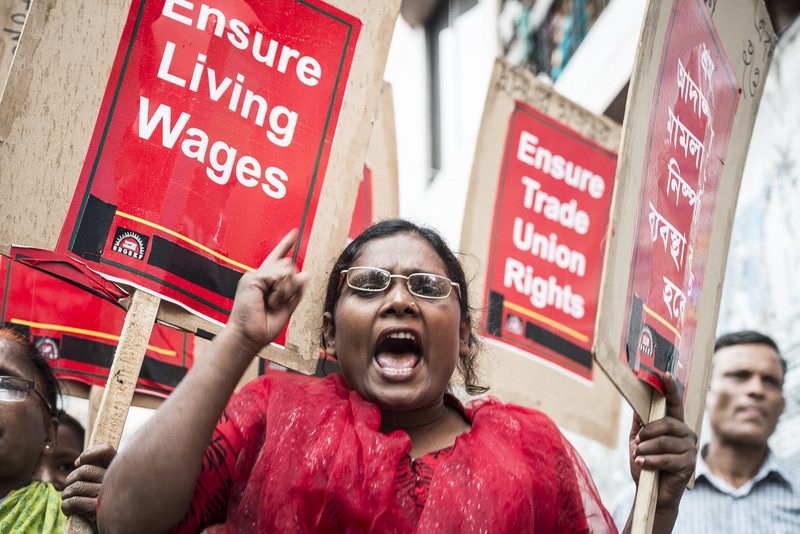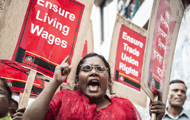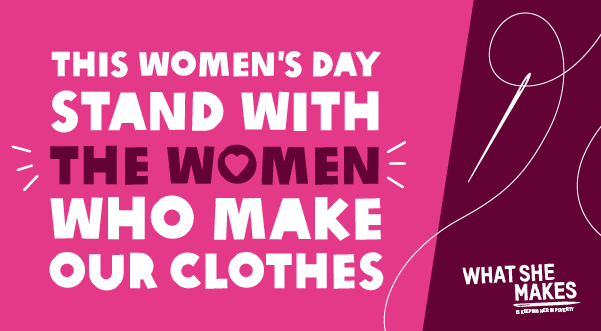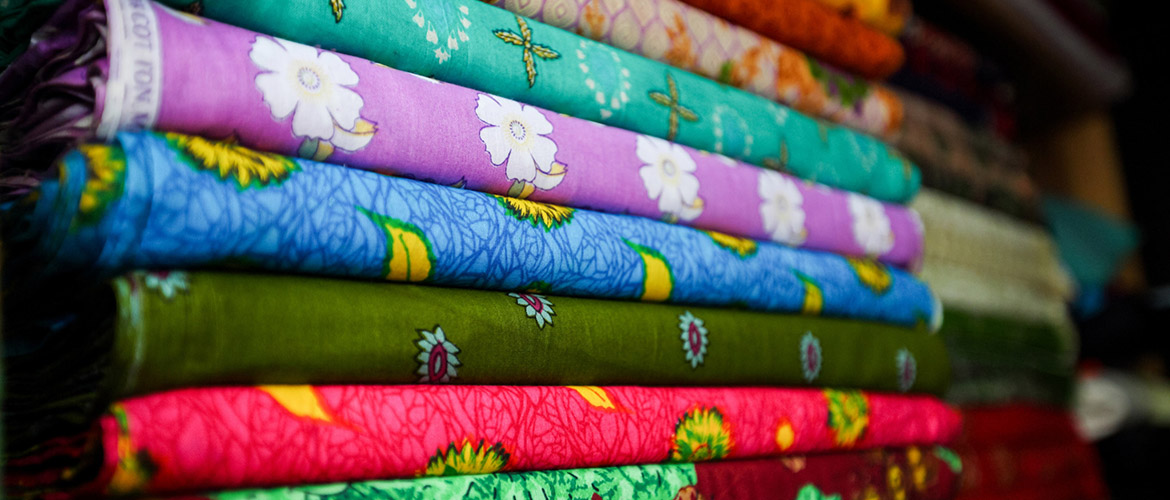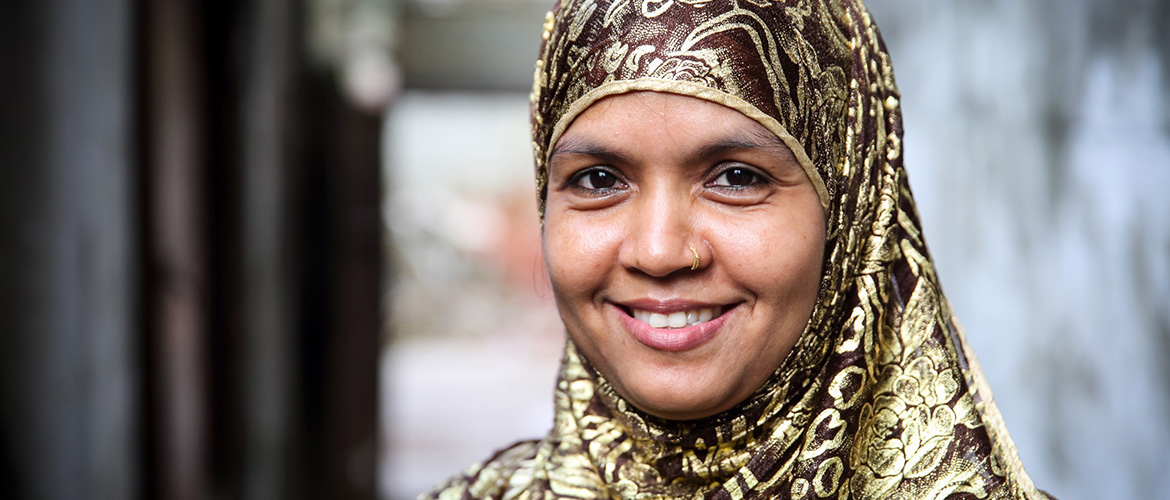The 7 October is World Day for Decent Work.
It is a day when groups around the world call in unison for social justice and decent jobs for all. Decent wages as well as safe workplaces and freedom of association (the right to form and join a union of your choice) continue to be important issues for workers around the world.
Across 27 countries there are more than 40 registered events, from a peaceful demonstration in Armenia to a press conference supporting working women in the republic of Republic of Montenegro.
Closer to home, in Adelaide, Oxfam will be speaking at a Hawke Centre forum on 9 October exploring how Australian businesses and citizens can support better conditions for garment workers in Bangladesh.
For the past several months we have been busy urging Australian companies to join the Bangladesh Fire and Building Safety Accord. Kmart, Target, Cotton On, Forever New and the Specialty Group (Katies, Millers) have signed the Accord but other Australian companies are still holding out.
Alongside signing on to the Bangladesh Safety Accord, we have explained to Australian companies like Pacific Brands (Bonds) and Kmart that they need to do more to support higher wages for workers.
Thousand of garment workers have been protesting in Bangladesh calling on minimum wage increases from 3,000 taka ($38) to 8,114 taka ($112) per month.
The Asia Floor Wage Campaign – a coalition of groups seeking to lift garment workers’ wages right across Asia, has estimated a minimum living wage (to cover basic costs) at around 19132 taka ($236) per month.
The $112 that workers are currently calling for is a just a basic minimum wage. This $112 is unlikely to mean that workers can lift themselves out of poverty – but it will mean a significant improvement on the current wage of just $38.
Wages are a key issue in Bangladesh that needs to be addressed alongside the current move to improve the structural safety and fire safety of buildings.
Oxfam’s online petition to Woolworths (Big W), Rivers, The Just Group (Just Jeans, Jay Jays), Best and Less and Pacific Brands (Bonds, Berlei) asks companies to join the safety Accord.
The petition also asks these companies to “Ensure that all workers making your products receive a living wage”.
But, how do companies do this?
Garment companies can start to make progress on wages by sending a clear message to their supplier factories that they are willing to negotiate a fair price per garment when they place orders. Working with supplier factories over the longer term they need to make sure that their fair price per unit translates to a higher wage for workers. This means ensuring that unions are able organize and collectively bargain at the factory so that workers’ representatives can negotiate wages.
Without assurances that garment companies will pay a fair price to allow for this increase in labour costs, factory owners in Bangladesh, or indeed any other garment producing country, may worry that an increase in wages will drive business away and towards even cheaper manufacturing countries.
Garment companies are sensitive to consumers posting on their Facebook walls and sending them messages to improve their practices. So this World Day for Decent Work – take a moment to do what you can to support fair conditions for the men and women making our clothes.
This event has concluded.
Visit the website for World Day for Decent Work
Sign the petition and call on Australian companies to ensure safe conditions for workers making their goods
